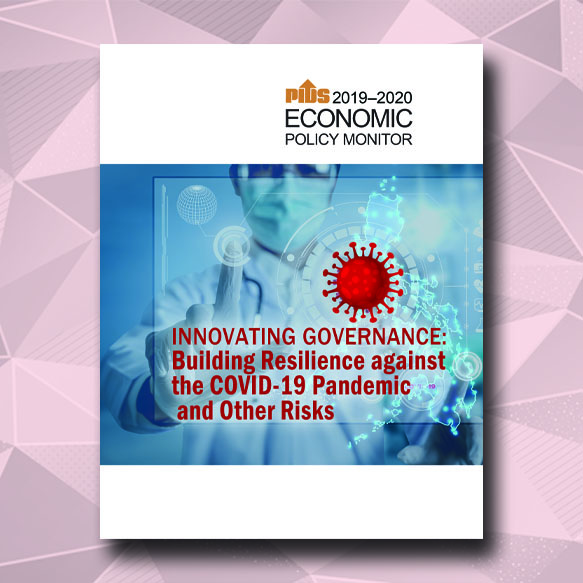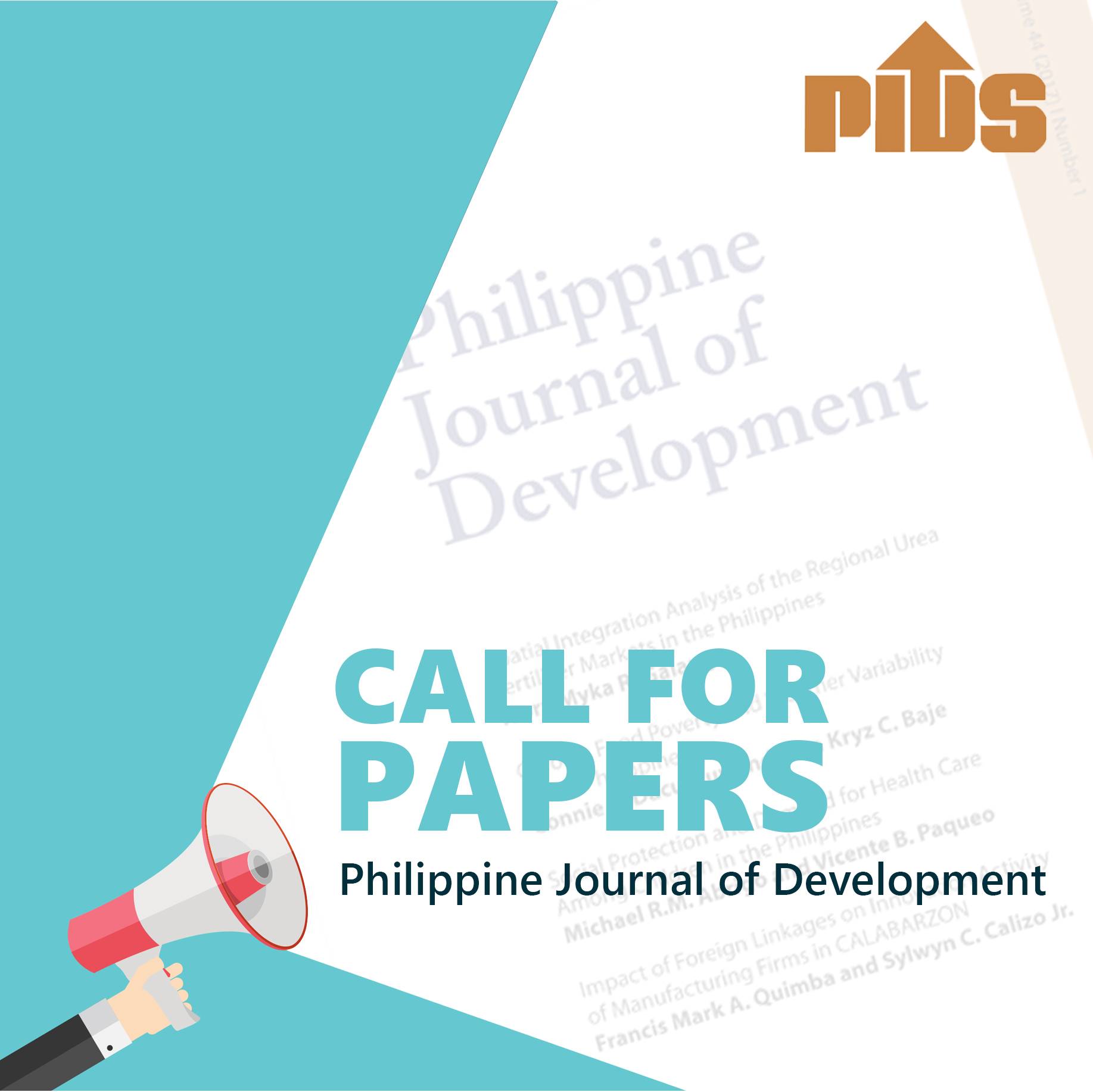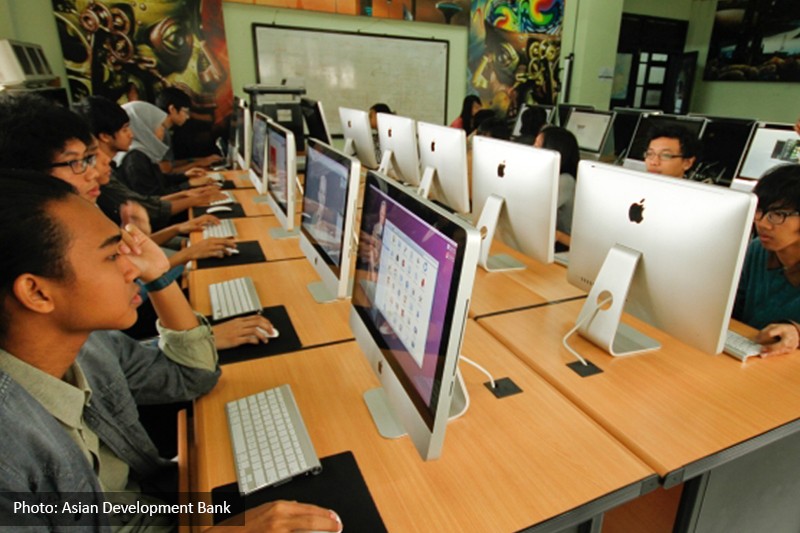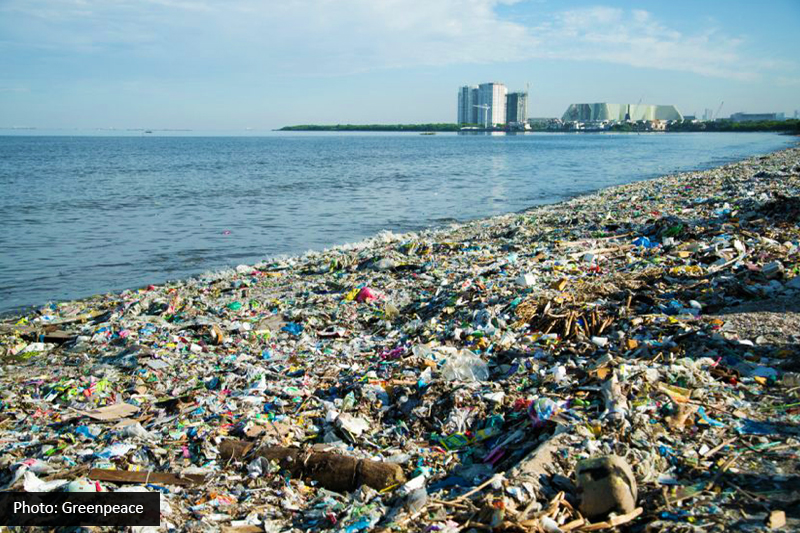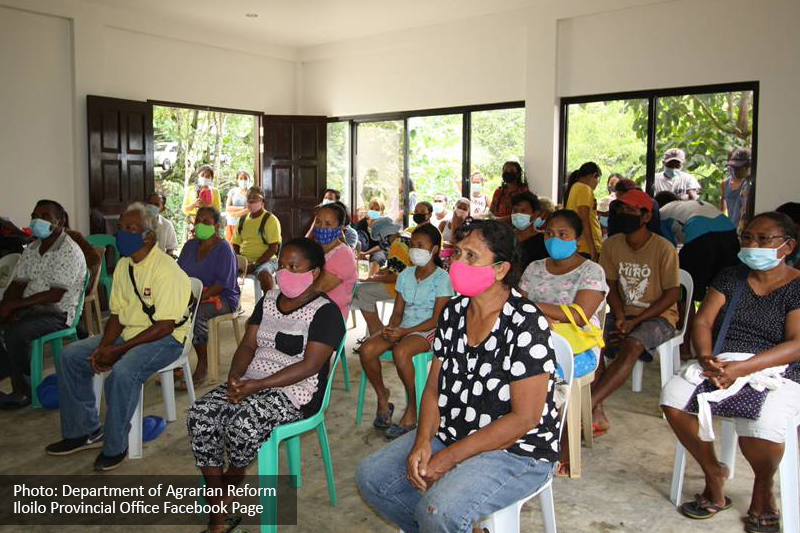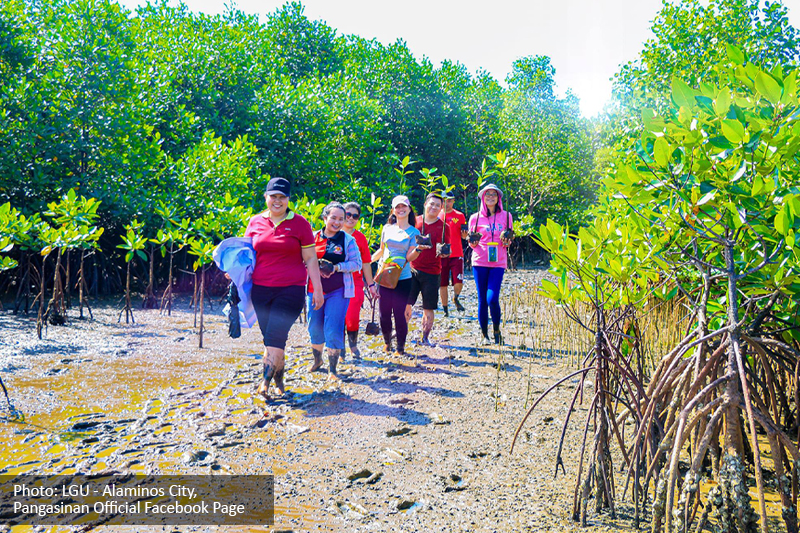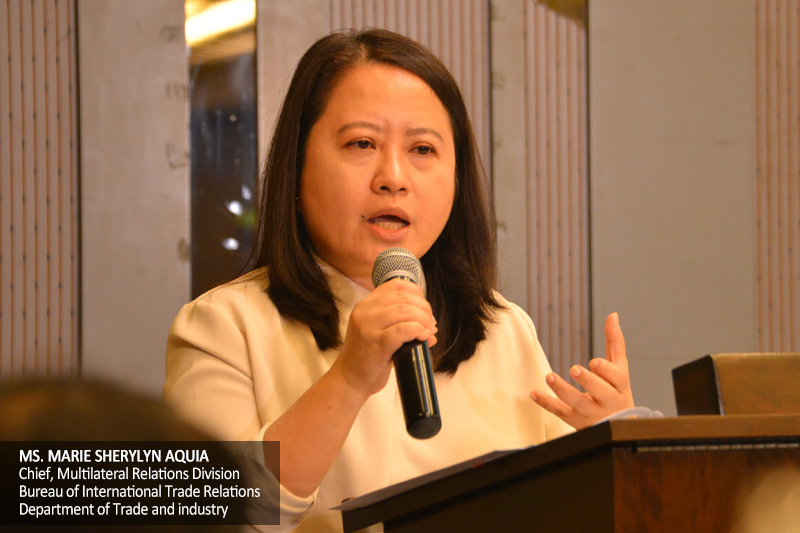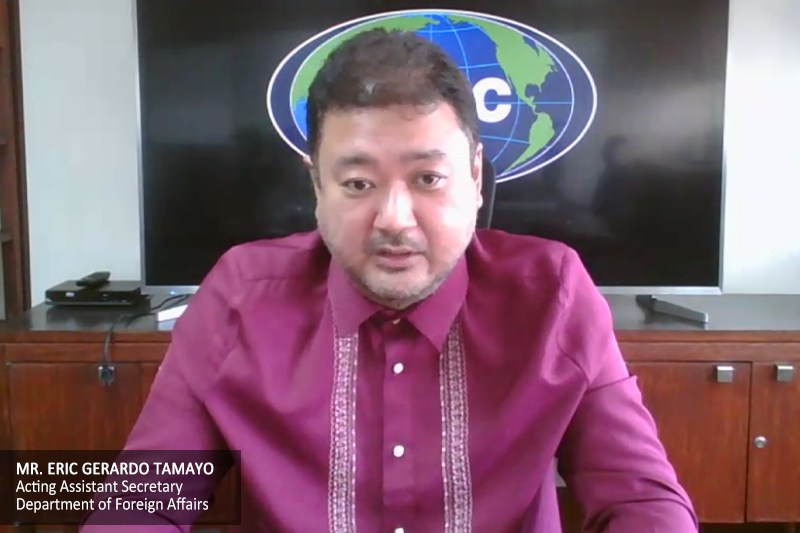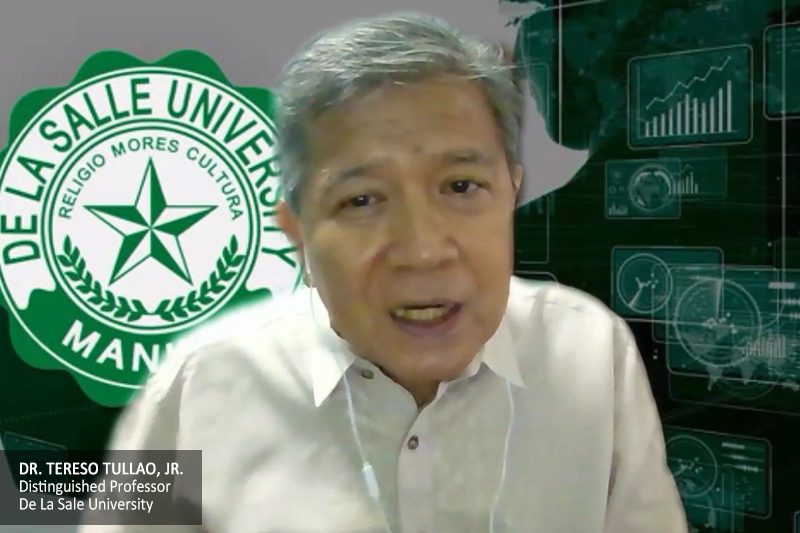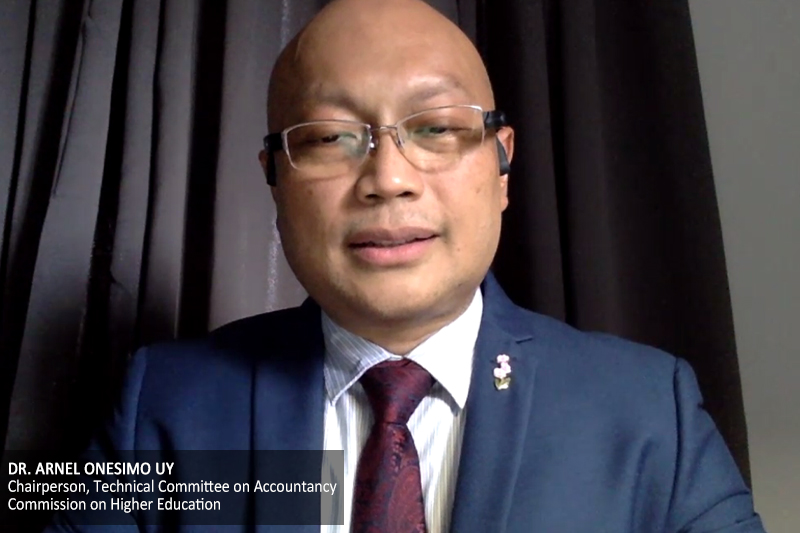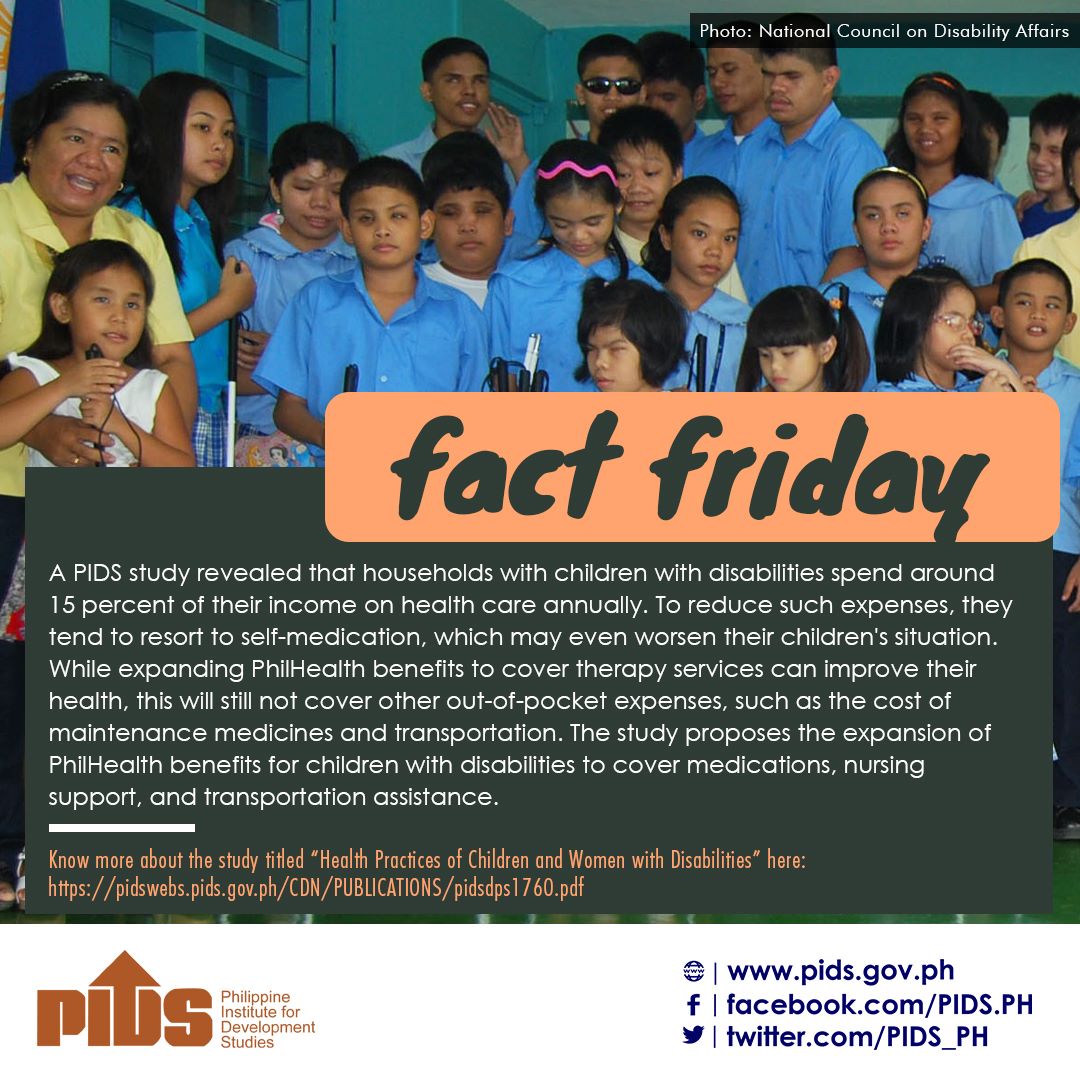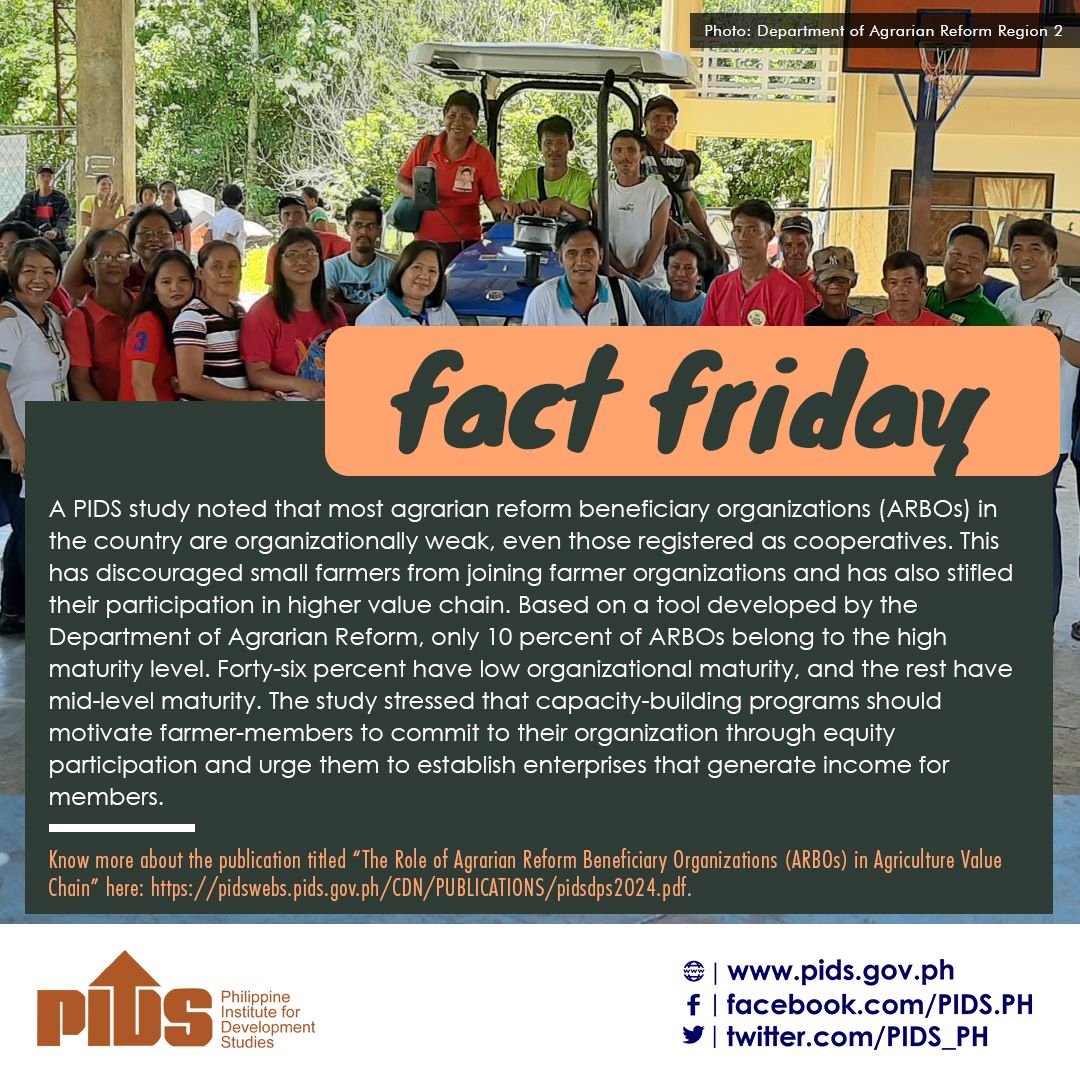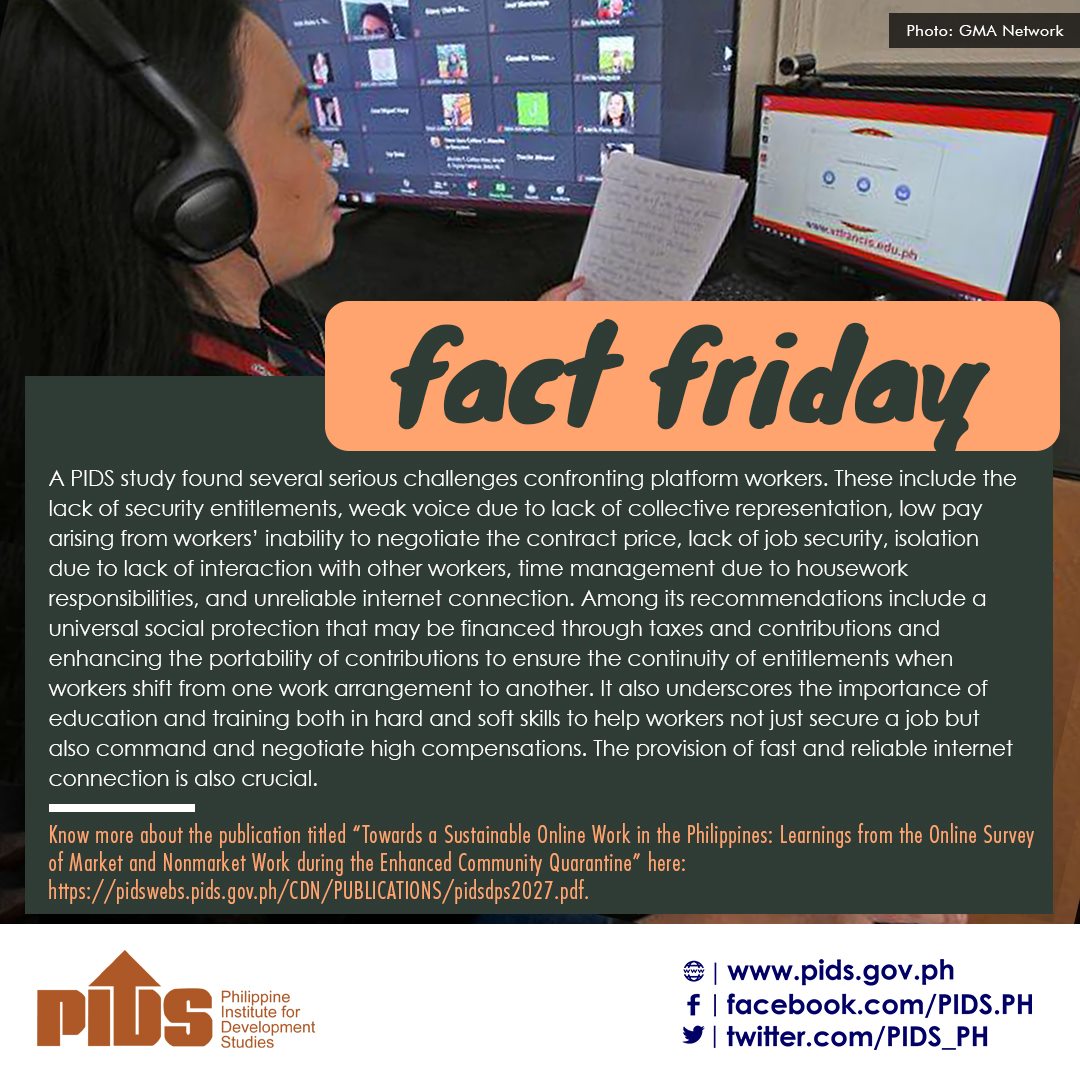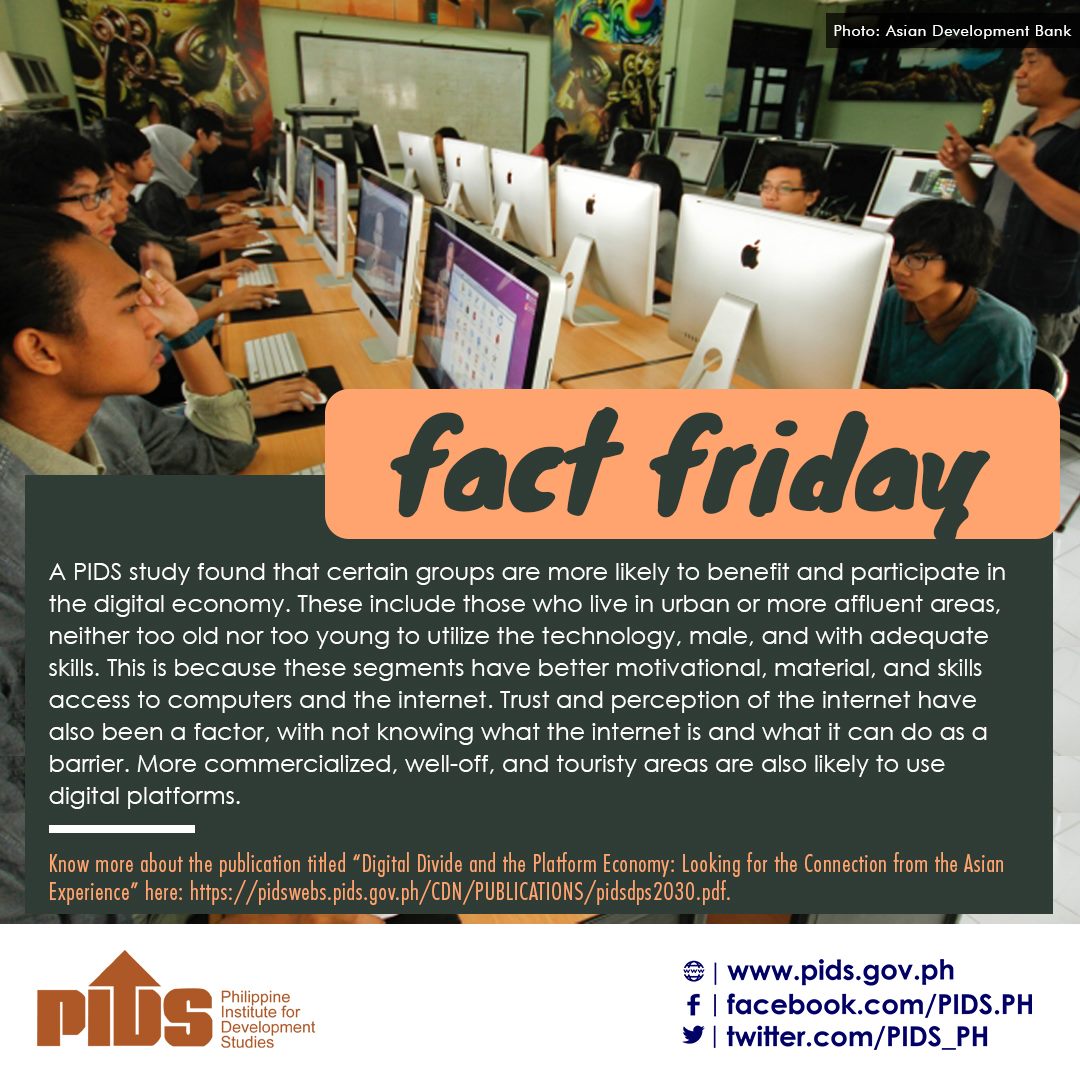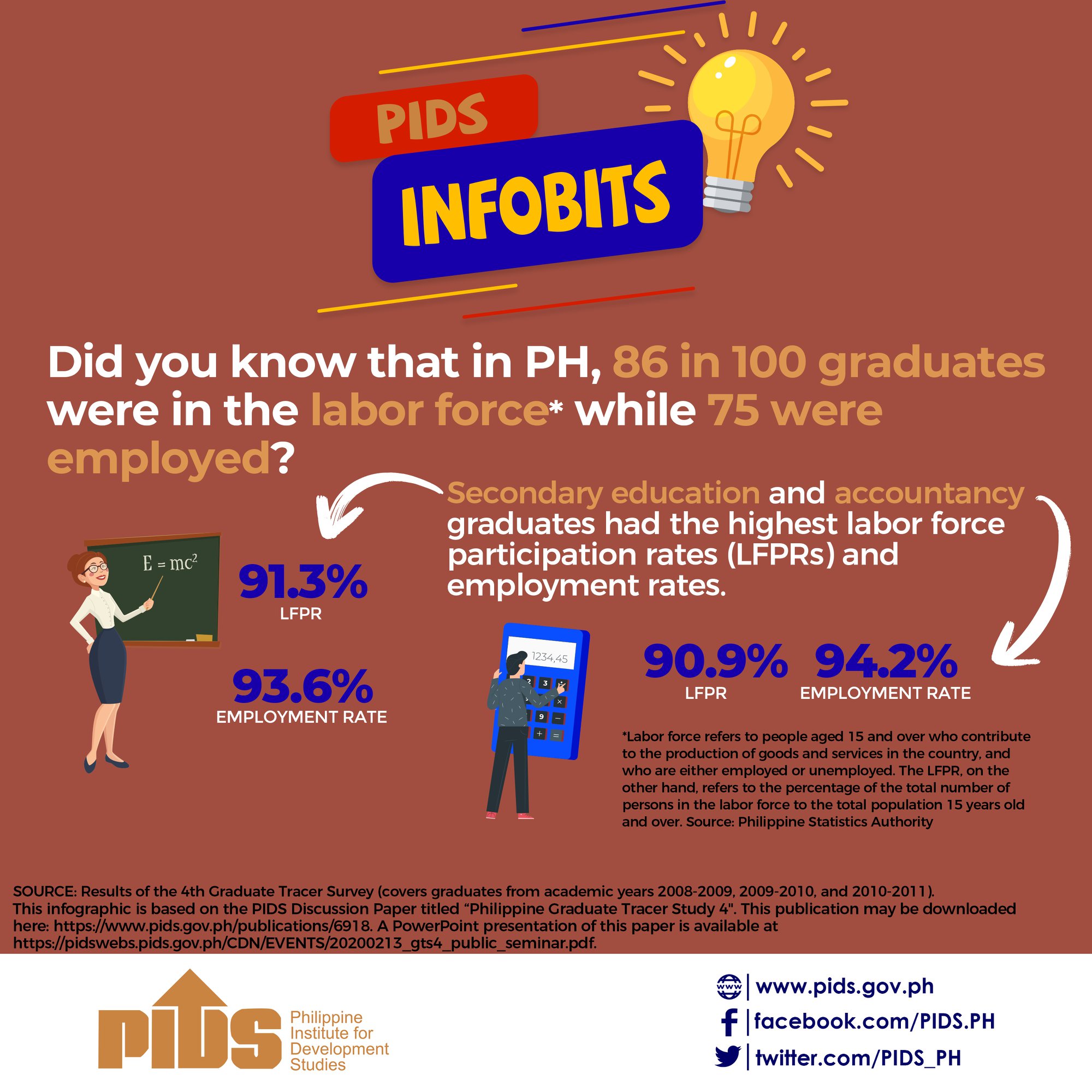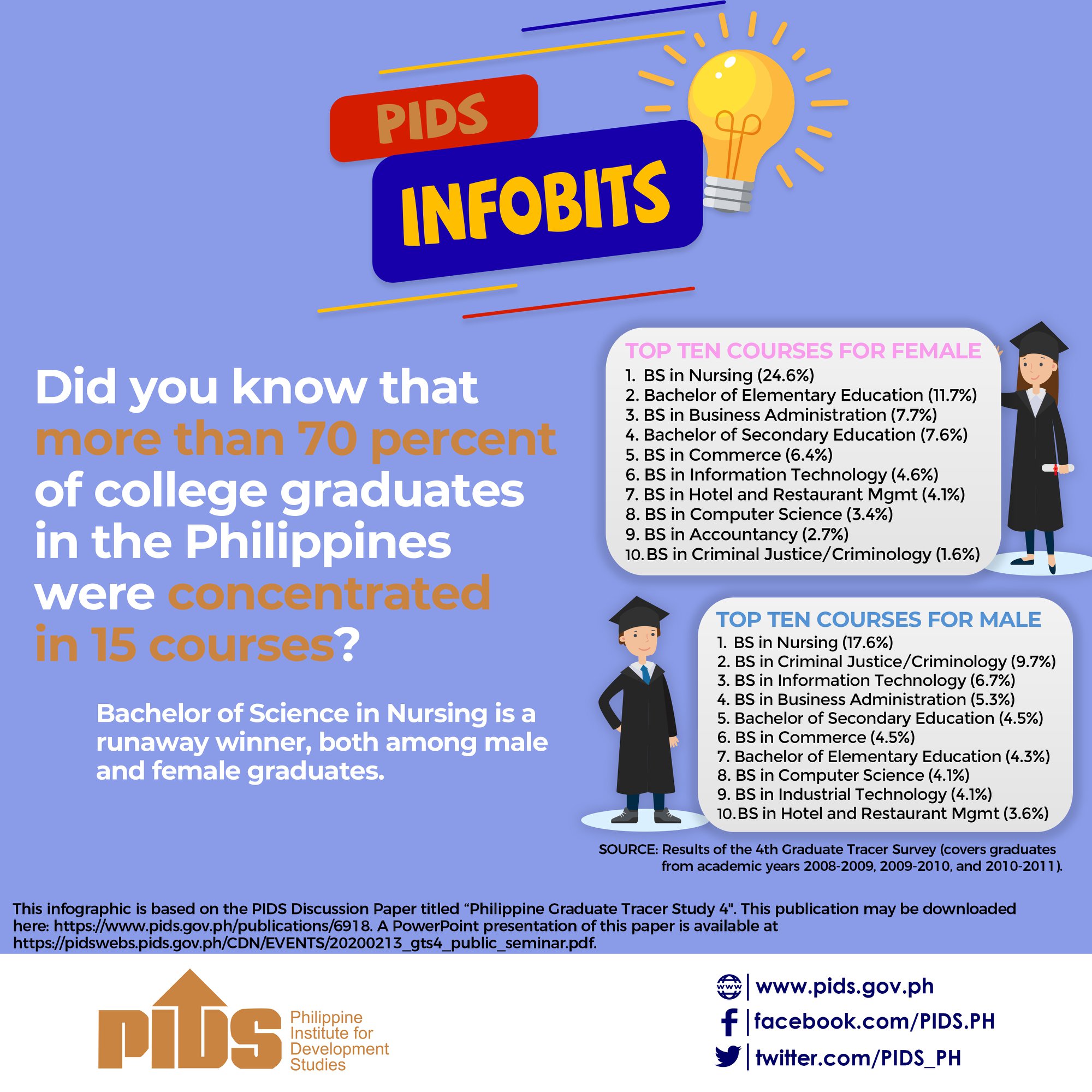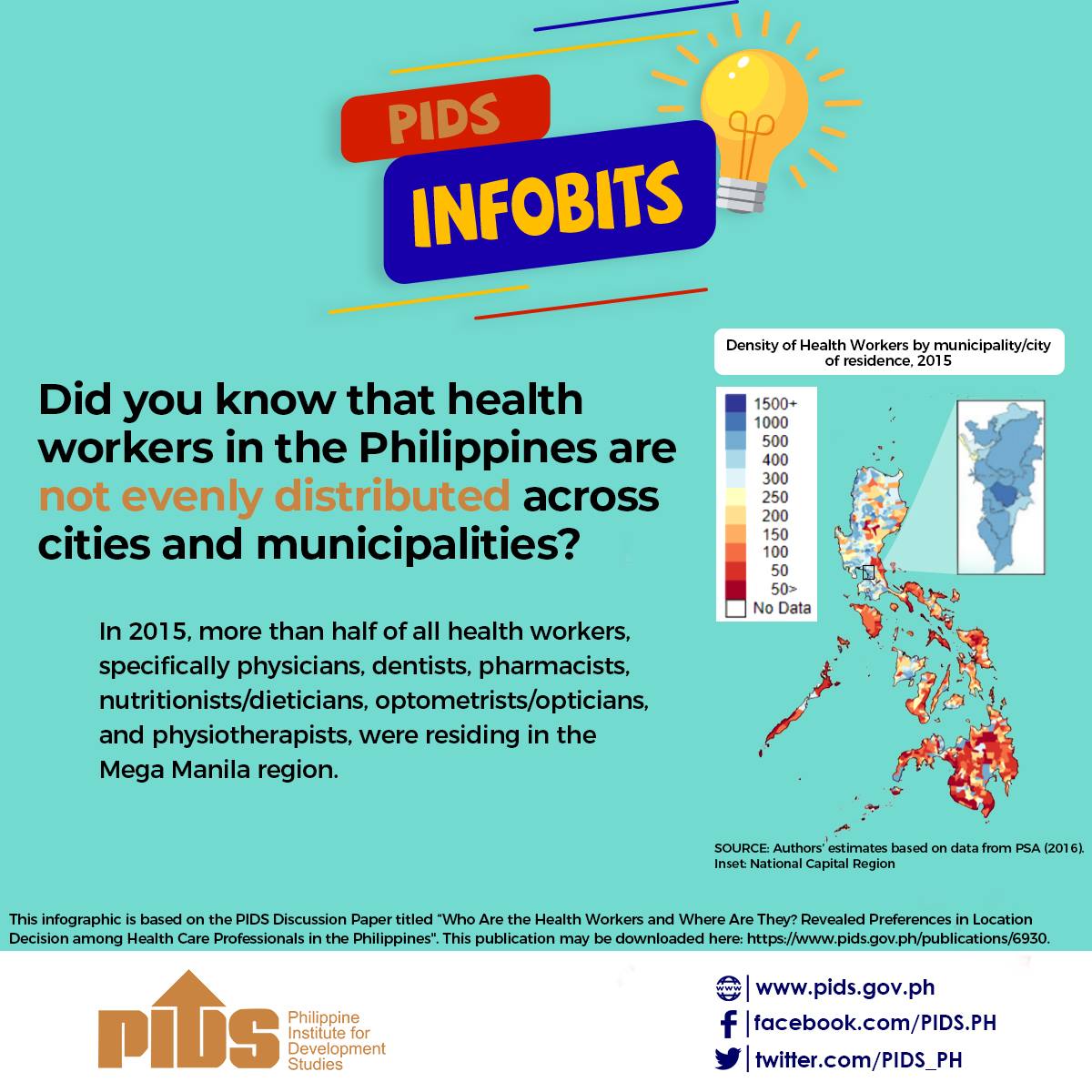Having trouble reading this email? View it in your browser. |
|||
 |
|||
|
|||
The coronavirus disease 2019 (COVID-19) pandemic is by far the most challenging public health crisis the world has faced in a century. Its effects have now extended beyond healthcare systems to entire economies. During unsettling times like this, the role of evidence-based research cannot be overemphasized. This issue of the Economic Policy Monitor (EPM) focuses on long-standing structural and governance issues that are hampering the COVID-19 response of the Philippines. It highlights issues on human resource, information systems, coordination, public participation, public trust in governance, and the government's bureaucratic organization. These problems have long been disturbing the country, but the pandemic has forced the government to address them head-on. This issue poses the challenge of innovating governance across all sectors of society to build our resilience against this pandemic and other risks. It also provides policy updates on poverty reduction and social protection; gender; health; education; labor and employment; agriculture; environment and natural resources; energy; infrastructure; science, technology, and innovation; smart cities; trade and industry; services; and fiscal policy. It links the discussion in these areas to the COVID-19 pandemic, paying attention as to how the current crisis has impacted them and the interventions undertaken by the government so far. It also presents a meticulous assessment of the country's macroeconomic outlook as it inches closer to the new normal. Click here to download the publication.
DP 2020-25: FTA Utilization of Philippine Imports DP 2020-26: Boosting Agricultural Productivity through Parcelization DP 2020-27: Towards a Sustainable Online Work in the Philippines: Learnings DP 2020-28:
Towards Measuring the Platform Economy: Concepts, Indicators, and Issues DP 2020-29:
Online Work in the Philippines: Some Lessons in the Asian Context DP 2020-30:
Digital Divide and the Platform Economy: Looking for the Connection DP 2020-31:
Impact of FTA on Philippine Industries: Analysis of Network Effects DP 2020-32:
Future S&T Human Resource Requirements in the Philippines: A Labor Market Analysis DP 2020-33:
The Philippine Local Government Water Sector DP 2020-34:
Evaluation of the Effects of the Performance-Based Bonus Incentive Scheme DP 2020-35:
Analysis of the 2021 President's Budget DP 2020-36:
Impacts of the Sustainable Livelihood Program's Microenterprise Development Assistance with Seed Capital Fund on Poor Households in the Philippines DP 2020-37:
How Does the Philippines Fare in Meeting ASEAN Economic Community Vision 2025? DP 2020-38:
Towards a More Sustainable Financing of Small Farmers DP 2020-39:
Primary Health Care for Noncommunicable Diseases in the Philippines DP 2020-40:
On the Employability of the Senior High School Graduates: DP 2020-41:
Projecting Loan Demand from Small Farmers and Fishers in the Philippines DP 2020-42:
The Unfinished Agenda of Trade Liberalization in Philippine Agriculture: DP 2020-43:
Did the Opening Up of Rice Importation in the Philippines Worsen Income Poverty DP 2020-44:
Land Tenure, Access to Credit, and Agricultural Performance of ARBs, DP 2020-45:
Cross-Border Issues for Digital Platforms: A Review of Regulations Applicable DP 2020-46:
Costs and Benefits of New Disciplines on Electronic Commerce DP 2020-47:
Cross-border Data Regulation for Digital Platforms: Data Privacy and Security DP 2020-48:
Philippine Local Government Public Expenditure Review: A Survey of National Government Local Government Support Programs DP 2020-49:
The Structure of Social Relations in the Community: An Empirical Analysis DP 2020-50:
Evidence-Based Local Planning and Budgeting using CBMS DP 2020-51:
Who Wins and Who Loses from PhilHealth? Cost and Benefit Incidence of Social Health Insurance in a Lifecycle Perspective DP 2020-52:
Understanding the Costs and Benefits
of Digital Platforms and the Implications DP 2020-53:
Deepening the Narrative: Qualitative Follow-up Study on the Third Impact Evaluation DP 2020-54:
Review of the "Build, Build, Build" Program:
Implications
on the DP 2020-55:
Mitigating the Impact of COVID-19 Pandemic on Poverty DP 2020-56:
Does Economic Growth Benefit the Poor? DP 2020-57:
Correlates of Test Performance
of 15-year-old Students in the Philippines:
DRN 2020 Vol. 38 No.4:
Lack of innovation cripples
PH COVID-response The last issue of the Development Research News (DRN) this 2020 features articles from presentations during the 6th Development Policy Research Month, which focused on the theme "Bouncing Back Together: Innovating Governance for the New Normal". The banner story highlights the challenges, particularly in the area of innovation, that have crippled the country's response to the coronavirus disease 2019 (COVID-19) pandemic. The issue also features articles discussing the relationship between the public's level of trust and the effectiveness of government innovation and reforms, particularly in public health and digital banking. This quarter's DRN also includes articles on the country's human resource and technological gaps that were magnified during the pandemic. Completing this issue is an article revisiting the policy design of the government's Performance-Based Bonus scheme and an infographic on the rising demand for data science and analytics workforce in the country. Click here to download the newsletter. |
|
||
A study conducted by state think tank Philippine Institute for Development Studies (PIDS) showed that there are certain groups who “benefit more from [the] digital economy”.
With the increasing use of platform economy nowadays, regulatory frameworks must be in place to ensure that consumers are protected.
A study published by state think tank Philippine Institute for Development Studies (PIDS) called for proper waste disposal to address the worsening problem of plastic pollution in the country.
|
|||
FACT FRIDAY
INFOBITS
|
|||
Need help? Have feedback? Feel free to contact us. |
|||
